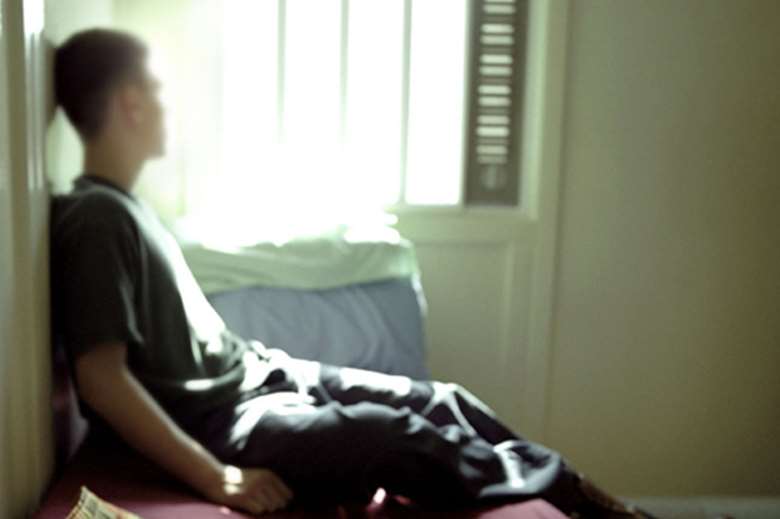Inspection highlights secure accommodation shortage
Joe Lepper
Tuesday, June 7, 2016
Concerns have been raised by inspectors over the lack of suitable secure accommodation for children who have been charged by police and refused bail in one area of England.

Following an unannounced visit last December to 60 custody suites in Swindon and Melksham in Wiltshire, the joint HM Inspectorate of Constabulary and HM Inspectorate of Prisons team found a chronic shortage of suitable council accommodation for young people who had been turned down for bail.
Their inspection report said the shortage “resulted in children being detained in police custody unnecessarily" sometimes for days at a time.
It added: “Custody staff told us that they had never known local authorities to provide suitable accommodation when a child had been charged and could not be bailed.”
Of the 10 children that had been charged and refused bail from July to November 2015, no local authority accommodation was found despite requests being made in all cases by Wiltshire Police.
“In one such case we reviewed, involving a 15-year-old boy, the emergency duty team had explored the possibility of transferring him to foster care or secure accommodation but neither had been available. This had resulted in the child remaining in custody over the weekend,” their inspection report added.
Wiltshire Police was criticised for not being “sufficiently effective within its strategic partnerships to ensure good outcomes for detainees”.
Better partnership working between the police and Wiltshire and Swindon councils, in ensuring there is suitable accommodation available, is among recommendations made by the inspectorates.
Inspector Matt Armstrong of Wiltshire Police said the force is working to end the practice of detaining children in cells after they have been charged.
He said: “This is an area we are aware of and we are increasing our partnership work with the local authority to make sure we can more quickly find alternative accommodation for young people or children who should not be kept in police custody once they are charged and refused bail.”
Inspectors were particularly concerned that despite Swindon and Wiltshire councils signing up to a protocol, acknowledging their responsibility for looking after children who had been charged but refused bail, “strategically not enough was being done to ensure compliance”.
A spokesman for Swindon Borough Council questioned the numbers quoted in the report and said the council was "disappointed" the inspectorates failed to share their findings in advance.
He added: "We recognise the distinct challenges that finding a placement or home for young people who have been held by the police for serious offences brings.
“Often foster carers are rightly wary of allowing into their home a young person charged with an offence in the middle of the night who has often little history known other than the most recent event that has brought them to the attention of the police.
“There is also a chronic national lack of ‘secure beds’ that a local authority can purchase that are available in an emergency and locally to where they are needed, which adds to the issue and a national approach to this situation is needed.
“We will however continue to work closely with Wiltshire Police on the overall issue of young people who require accommodation after being charged with a crime, but refused bail.”
Despite the concerns, the report did praise Wiltshire Police for their treatment of children in custody. They found that they were treated as a distinct vulnerable group, with the risk assessment and booking-in process tailored well to their needs. Children were also not located in cells where possible.
Martin Lomas, deputy chief inspector of prisons and Dru Sharpling, HM inspector of Constabulary, said: “Individual interactions between staff and detainees were good, with considerable attention paid to vulnerable groups. Senior management needed to ensure support from statutory partners, local authorities and courts in particular, in providing good outcomes for detainees.”
The number of secure children’s home beds commissioned by the Youth Justice Board was cut by 15.2 per cent from April this year in a bid to save £4.6m a year.
Wiltshire Council has been contacted for comment.




